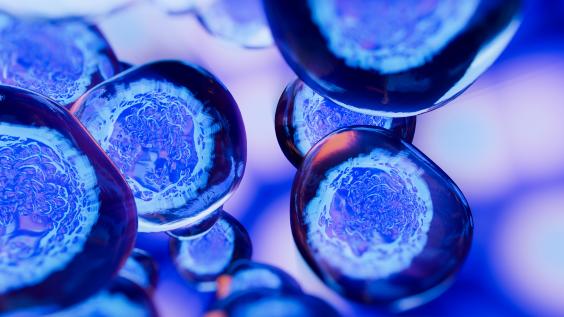Gene Patents, Patenting Life and the Impact of Court Rulings on U.S. Stem Cell Patents and Research

Table of Contents
Author(s)
Kirstin R.W. Matthews
Fellow in Science and Technology PolicyMaude Rowland Cuchiara
Nonresident ScholarAbstract
In June 2013, the US Supreme Court ruled that naturally occurring genes were unpatentable in the case Association for Molecular Pathology v. Myriad Genetics. Up until this decision, Myriad Genetics was the only company in the US that could legally conduct diagnostic testing for BRCA 1 and 2, genes that are linked to familial breast and ovarian cancer. The court case and rulings garnered discussion in public about patenting biological materials. This paper describes the progression of the Myriad Genetics case, similar US rulings and biological intellectual property policies. In addition, it discusses the impact of the case on biological patents – specifically those for human embryonic stem cells.
Read the full article in Regenerative Medicine.


